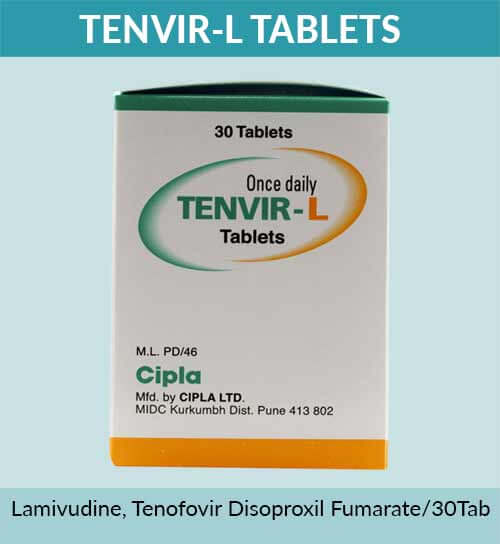Tenofovir-Lamivudine
Tenofovir-lamivudine is a combination medication used in the treatment of HIV (human immunodeficiency virus) infection. It contains two antiretroviral drugs, tenofovir and lamivudine, which work together to suppress the replication of the virus and reduce the viral load in the blood.
Tenofovir-lamivudine belongs to the class of drugs known as nucleoside reverse transcriptase inhibitors (NRTIs). Tenofovir inhibits the reverse transcriptase enzyme, while lamivudine prevents the incorporation of the viral DNA into the host cell DNA, both of which are essential steps in viral replication.
This combination therapy is effective against both HIV-1 and HIV-2, the two main strains of the virus. It is commonly used in combination with other antiretroviral drugs to form a comprehensive treatment regimen for HIV.
The specific dosage and treatment duration of tenofovir-lamivudine depend on various factors, including the individual’s viral load, CD4 cell count, and treatment history. Regular monitoring of viral load and CD4 cell count is important to assess the response to treatment and make any necessary adjustments.
Tenofovir-lamivudine is generally well-tolerated, but it can have potential side effects. Common side effects may include nausea, diarrhea, headache, fatigue, and abnormal liver function tests. It is important to report any persistent or severe side effects to a healthcare professional.
Adherence to the prescribed treatment regimen is crucial for successful outcomes in HIV management. Missing doses or stopping treatment without medical advice can lead to the development of drug resistance and treatment failure.
Tenofovir-lamivudine may interact with other medications, so it is important to inform the healthcare provider about all the medications being taken, including over-the-counter drugs and supplements.
In summary, tenofovir-lamivudine is a combination medication used in the treatment of HIV infection. It works by suppressing the replication of the virus and reducing the viral load. Close monitoring of treatment response and adherence to the prescribed regimen are important for effective management of HIV.

